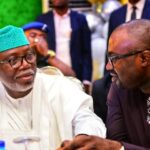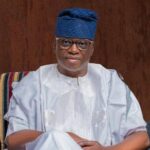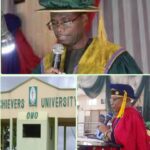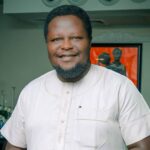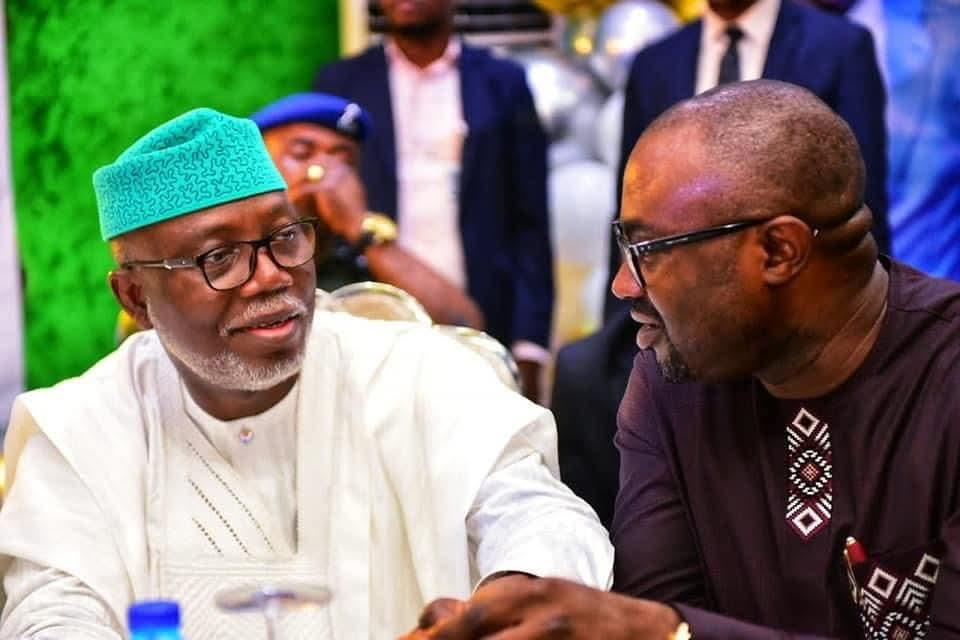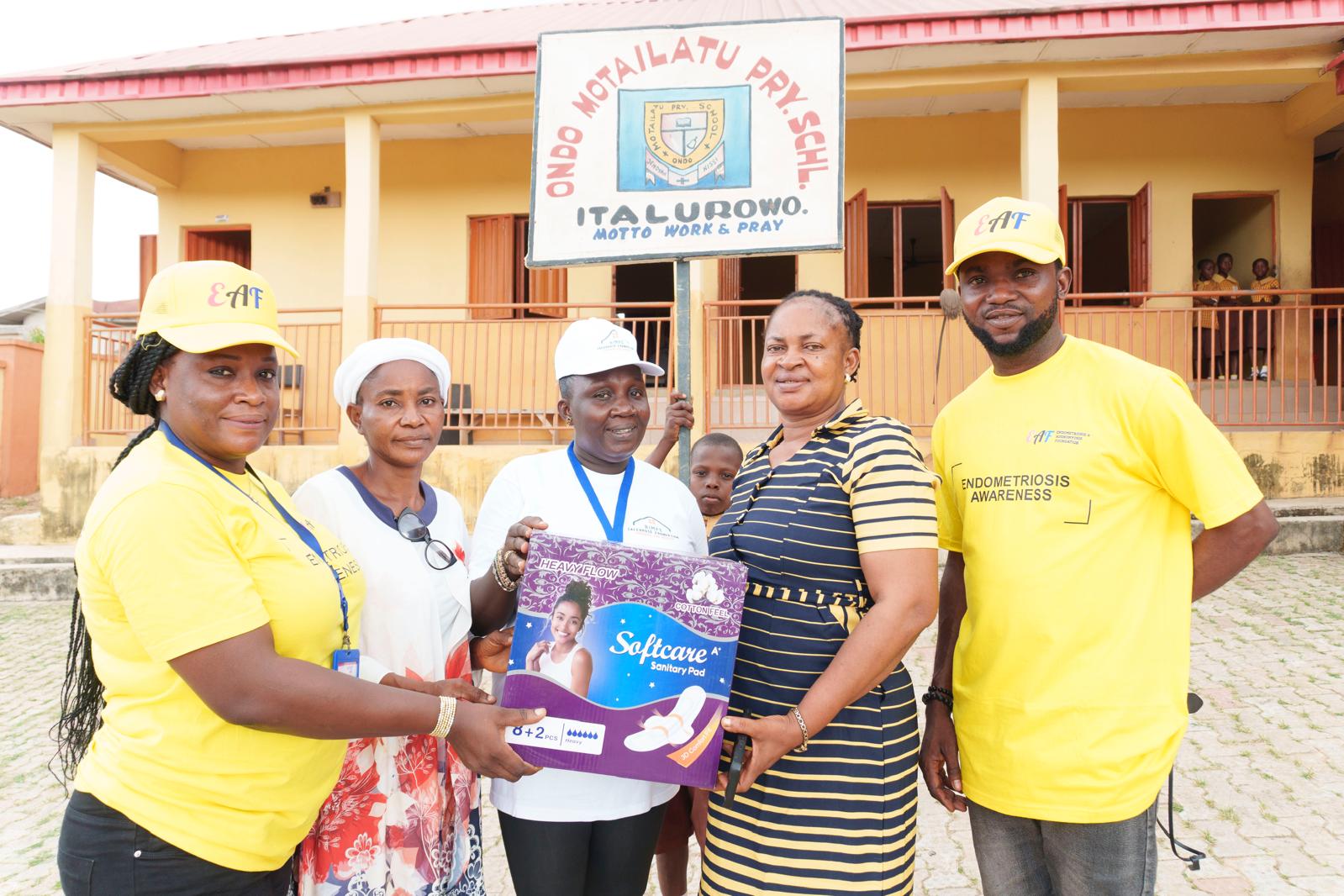
Press Statement
MRA Condemns Accreditation of Media Houses by DSS to Cover Nnamdi Kanu’s Trial
FOR IMMEDIATE RELEASE
LAGOS, Monday, July 26, 2021: Media Rights Agenda (MRA) today condemned the reported approval by the Department of State Services (DSS) of a list of 10 media houses whose reporters would be allowed to cover the trial of the detained leader of the Indigenous Peoples of Biafra (IPOB), Mr. Nnamdi Kanu, scheduled to take place today at a Federal High Court in Abuja, describing it as an abuse of power and an affront to media freedom.
The DSS is reported to have released a list of accredited media organizations comprising The Nation newspaper, Daily Independent newspaper, The Herald newspaper, ThisDay newspaper, the Nigerian Television Authority (NTA), Channels Television, the Africa Independent Television (AIT), TVC Communications, the online newspaper Premium Times, and the News Agency of Nigeria (NAN).

However, in a statement issued in Lagos, MRA’s Programme Director, Mr. Ayode Longe, said: “The DSS has no power under any law or regulation to determine which media organizations should be allowed to cover proceedings in a court of law. Its arrogation of media accreditation powers to itself, thereby arbitrarily preventing dozens of media organizations from covering those judicial proceedings is clearly unlawful and unconstitutional.
Its purported accreditation of 10 media houses to cover the trial of Mr. Kanu is without doubt an abuse of power designed to intimidate the media and possibly the court. It undermines the fairness of the trial as guaranteed by the Constitution.”
According to Mr. Longe, even if there is a legitimate reason to restrict the number of journalists that should cover the trial for any reason whatsoever, besides the fact that the DSS has no authority under the law to carry out any accreditation of media organizations for such a purpose, the fact that it is behind the prosecution of Mr. Kanu before the court and therefore has a vested interest in the outcome of the trial, makes it the worst possible agency to determine those media organizations that should cover the proceedings and which media houses should not be allowed to cover the trial.
He stressed that regardless of what the DSS may think of its powers and functions, they are clearly limited by the National Security Agencies Decree (now Act), which established the agency and it should therefore not be allowed to operate in a lawless manner and intimidate other democratic institutions like the courts and the media, especially in a matter where is it imperative that justice is not only done, but is actually seen to be done, no matter which way the final decision goes.
Mr. Longe noted that the functions of the DSS, as contained in Section 2(3) of the National Security Agencies Act are limited to the prevention and detection within Nigeria of any crime against the internal security of Nigeria, the protection and preservation of all non-military classified matters concerning the internal security of Nigeria, and such other responsibilities affecting internal security within Nigeria as the National Assembly or the President may deem necessary.
Observing that it is the Nigeria Police that is empowered by Section 4 of the Police Act to, among other things, prevent and detect crimes, and to maintain public safety, law and order, he described the action of the DSS as an unwarranted restriction on the right to a public trial guaranteed by Section 36(3) and (4) of the Constitution.
Mr. Longe argued that even if it is necessary to exclude any person from the court’s proceedings for any of the reasons stated in Section 36(4)(a) of the Constitution, only the court is empowered to make that decision.
In addition, he said, even under Section 36(4)(b) of the Constitution which recognizes that it may sometimes be necessary in the public interest for some matters before the court not to be publicly disclosed, the court itself is the institution vested with the power to decide whether to hear evidence relating to such matters in private if it is satisfied after representation has been made to it by “a Minister of the Government of the Federation or a commissioner of the government of a State.”
Mr. Longe insisted that “No other institution or authority besides the court itself, certainly not the DSS, can or should determine who should be allowed to witness judicial proceedings being held in public and we state emphatically that the DSS has no power to interfere with the right of the media to cover any trial or court proceedings.
For further information, please contact:
Idowu Adewale
Communications Officer
Media Rights Agenda
idowu@mediarightsagenda.org

